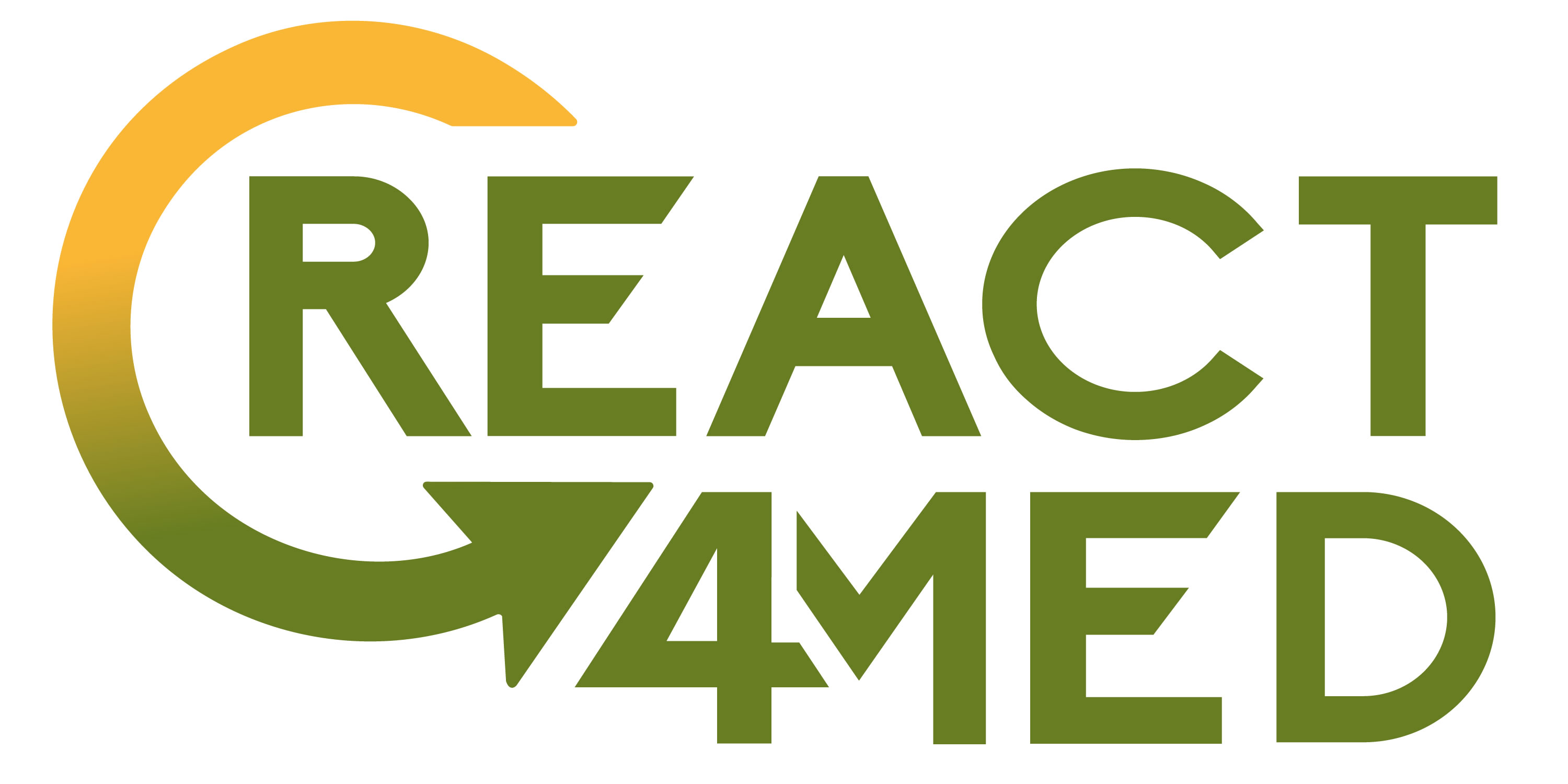Main content
Top content

Research project "REACT4MED"
Inclusive Outscaling of Agro-ecosystem REstoration ACTions FOR the MEDiterranean
Duration
3 years (May 2022 – April 2025)
Background
Land degradation and desertification are considered major threats for the present and future of Mediterranean arid and semiarid agro-ecosystems. Long-term anthropogenic pressures on forest and agricultural lands (e. g. climate change, urbanisation and resource overexploitation) in combination with other pressures threaten ecosystems, water and soil alike. As a result, living environments sustained by agriculture and forestry are unstable which increases poverty, and forces domestic and even cross-border migration in the Mediterranean communities.
The REACT4MED project
The objective of REACT4MED, funded by the PRIMA Programme (Partnership for Research and Innovation in the Mediterranean Area), is to support sustainable land and water management (SLWM), reverse land degradation and improve the livelihoods of Mediterranean communities. In order to sustainably restore degraded land and soil and to eventually achieve Land Degradation Neutrality (Sustainable Development Goal 15.3), solutions should not only become environmentally effective, but also socially acceptable and economically viable.
REACT4MED assumes that large-scale and effective soil remediation interventions are more robust and have lasting impact when implementation of best practices involves all societal stakeholders. For this reason, REACT4MED follows two conceptual directions: On the one hand, a top-down approach introduces broad-scale concepts and methods that highlight cost-effective good practices against land, water, and agro-ecosystem degradation as well as physical vulnerabilities. At the same time, a bottom-up, multi-actor approach is used to refine those broad-scale concepts and methods with the inclusion of local knowledge and networks to the local context. This will support overcoming obstacles in the out-scaling of the identified restoration practices.
In doing so, the REACT4MED project brings together an interdisciplinary team of researchers and professionals from ten organisations (universities, research institutes, and an SME) from Greece, Italy, Germany, Cyprus, Israel, Spain, Morocco and Turkey. The restoration actions are and will be implemented in the seven pilot areas in Heraklion (GR), Stornara and Tarra Apulia (IT), in Troodos Mountains (CY), Bethlehem of Galilee (IL) Cànyoles (ES), Merchouch (MO) and Menemen (TR).
The project is coordinated by the Hellenic Mediterranean University (HMU), led by Prof. Dr. Thrassyvoulos Manios, Vice-Rector, and Dr. Ioannis Daliakopoulos, Assistant Professor at the Department of Agriculture.
Osnabrück University in REACT4MED: The role of the Working Group Resources Management
A team of the Resources Management Working Group at the Institute of Environmental Systems Research and the Institute of Geography leads the integrative work package of the Ecosystem Restoration Living Labs (ERLL). The work package moderates the participatory process to initiate, assess, demonstrate and disseminate the adapted restoration measures in agricultural practice and provides the link between science and practice. In the ERLL, a participatory approach will be developed to involve stakeholders at an early stage in the project. The goal is to enhance the relevance of the knowledge created throughout the project. As such, the ERLL will build the bridge between stakeholders and scientists of REACT4MED and will act as an incubator for testing the effectiveness and transferability of good practices. Drawing on a multi-actor approach, key actors and decision-makers at different levels in the pilot areas will be involved in the analysis surrounding the implementation of good practices. Furthermore, a methodology for participatory assessments will be developed and carried out. Finally, capacity-building activities will be implemented to help disseminating the results as well as to support the adoption and scaling up of the identified restoration actions.
The REACT4MED Project (Grant Agreement No. 2122) is funded by PRIMA, a Programme supported by Horizon 2020.
To find out more about the project visit the project’s website: www.react4med.eu or contact Evelyn Lukat (evelyn.lukat@uos.de) or Raissa Ulbrich (raissa.ulbrich@uos.de).


